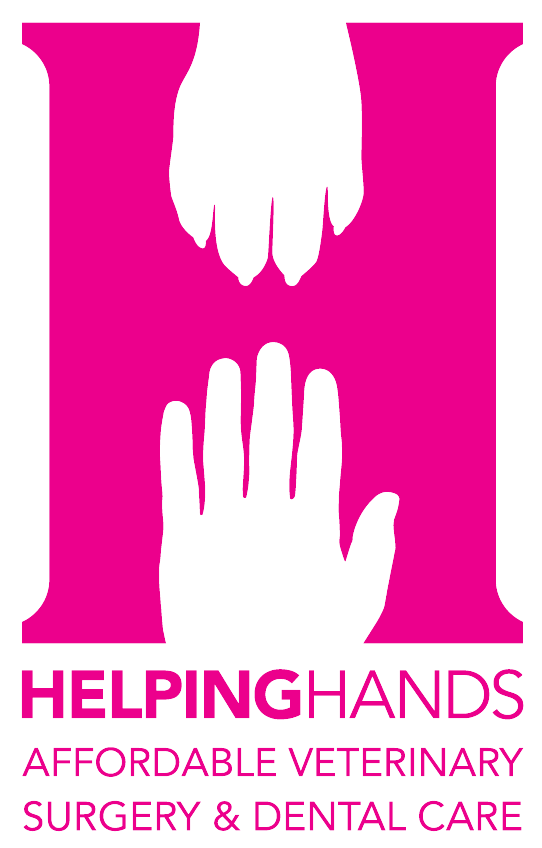Welcome to
Helping Hands
We offer affordable Veterinary Surgery &
Dental Care in Richmond, VA
Welcome to
Helping Hands
We offer affordable Veterinary Surgery &
Dental Care in Richmond, VA
Helping Hands Of Virginia
At Helping Hands Veterinary Surgery & Dentistry of Virginia, our mission is to provide quality veterinary surgical and dental services at affordable prices. We focus only on surgery and dentistry, working with your veterinarian for pre and post-care, to keep our costs low without sacrificing quality or care.
We offer over 40 procedures to help you and your pets in your time of need. With how many happy clients and patients we’ve seen at our original Richmond, VA, location, we’ve now opened a second location in Orlando, Florida!
Veterinary Surgery and DentistryServices in Richmond, VA
If you are in the Richmond area and are looking for caring and affordable veterinary surgery and dental care, we are nearby and ready to help.

Pet Surgery
Our team of veterinary professionals utilizes state-of-the-art technology and methods to ensure your pet receives surgical care at a price that fits your budget.

Pet Dental
We are so excited to be able to offer affordable dental care for dogs and cats so pet owner’s can take better care of their pet’s dental needs.
See what the families we have helped have to say
We appreciate you making us one of the top-rated veterinary surgery and dentistry services in Richmond, VA. Your kind words mean the world to us.
Meet Our Veterinary Team
At Helping Hands Veterinary Surgery & Dentistry of Virginia, our dedicated veterinary team is committed to providing your furry family members with affordable veterinary surgery and dental care. With a passion for animal welfare, a wealth of experience in pet medicine, and the latest in veterinary technology, we offer a comprehensive range of surgical procedures and dental treatments designed to ensure the health and happiness of your pets.
Our skilled professionals use the latest technology to provide the highest standard of care. Trust us to give your pets the quality treatment they deserve, all while keeping your budget in mind.
